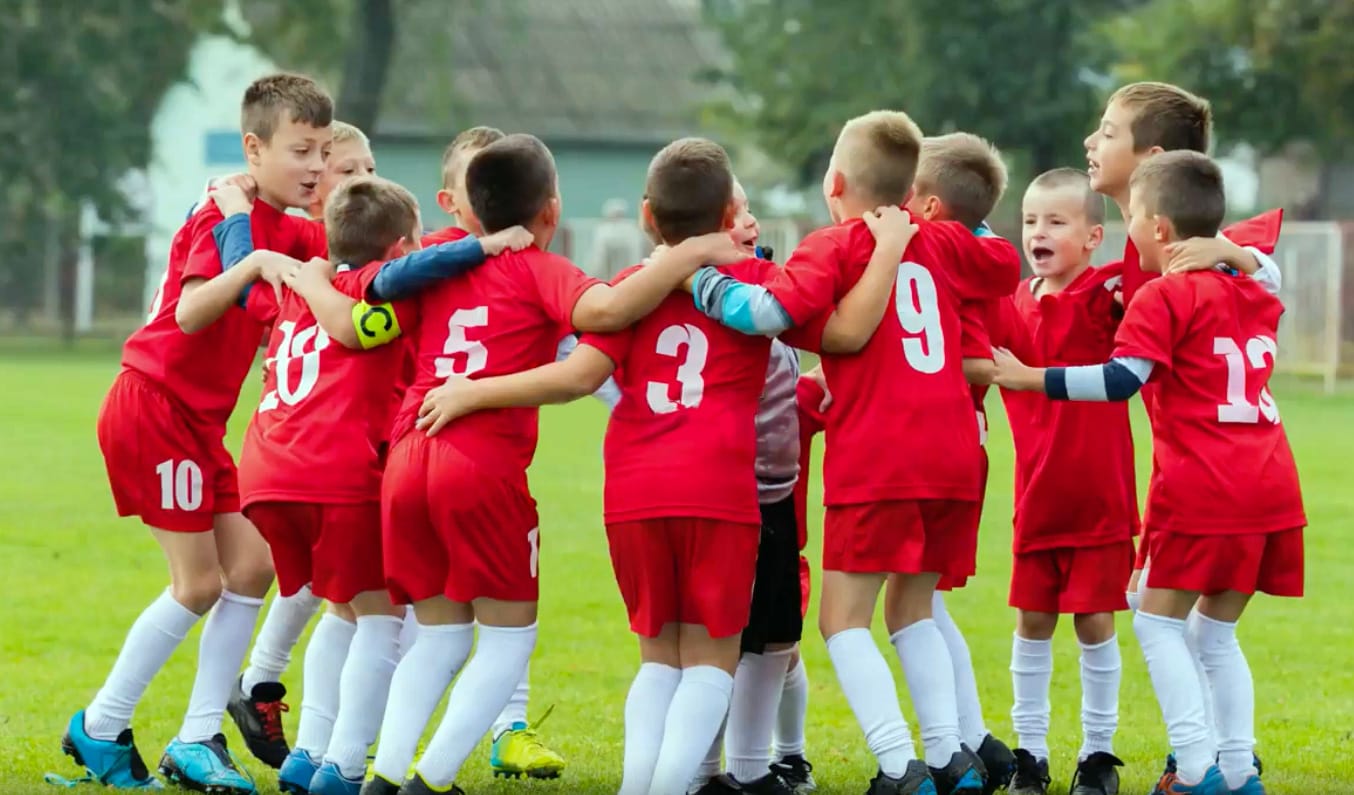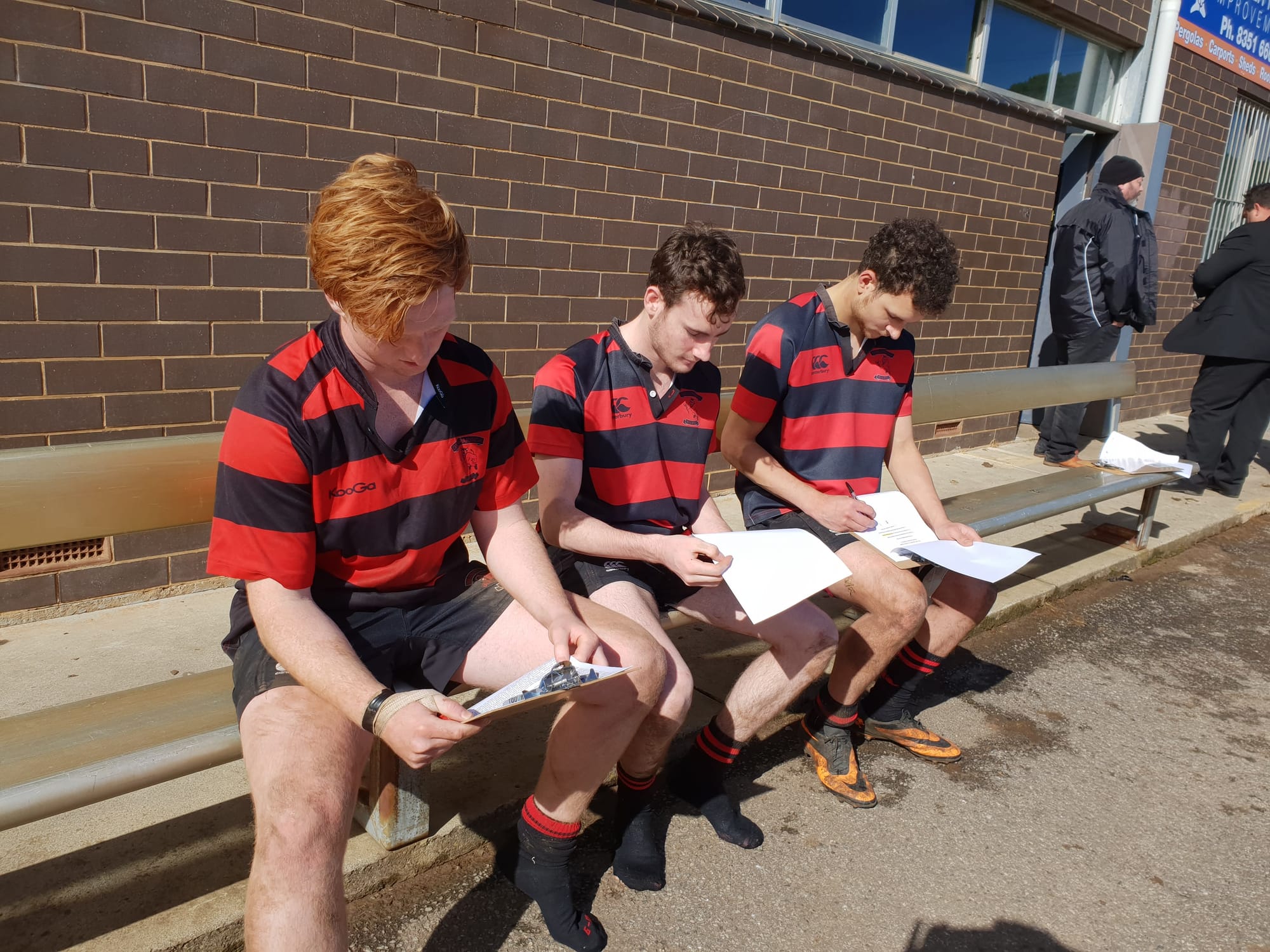
“I was happy to fill out your survey, mate, but I hate to tell you, I don’t think you'll find much discrimination in rugby; I think you may need to study a different sport.”
You might think this is not what a researcher, examining how to end homophobic language in sport, wants to hear from the vice-captain of one of the 23 rugby teams involved in our study.
He continued: “Rugby is very inclusive of everyone. Think about it – what sport has gay teams? Did you know we even have a gay world cup? Mate, gay people are very welcome in rugby.”
Rather than being discouraged by his comments, I was both impressed and fascinated.
It was impressive that an 18-year-old apprentice plumber both knows his sport has gay teams and they compete at the biennial Bingham Cup. Both the teams and the tournament have received strong public support from Rugby Australia and World Rugby, which both highlight the support of these clubs as evidence that rugby supports inclusion of all and celebrates diversity.
This message from the top seems to be filtering down to the grassroots.
His comments were also fascinating because of how well he concisely and clearly articulated a key finding from our research: a disconnect between perception and reality.
Homophobic language rife in male sport
Over the past five months, we've conducted multiple surveys with every under-18 rugby team in Victoria and South Australia, and every colts team (players aged 18-20) in Victoria. Our aim is to gain a better understanding of why homophobic language remains so intractable and common in male sport, and then develop and test different programs to change this language.

While the results have yet to be published, we needed to conduct a preliminary analysis and share our initial findings with research partners Rugby Australia and Rugby Victoria.
The research is also being supported by two community rugby clubs, the Sydney Convicts and Woollahra Colleagues.
Our initial analysis revealed a yawning disconnect between the positive attitudes about gay people playing rugby, which were expressed by players, and the ongoing use of words such as 'fag' and 'poof' – and importantly, hearing others do the same.
For example, 81 per cent of players said they were confident they would stop others from bullying a gay teammate, and 83 per cent of players believed a gay player would feel welcome on their team. These attitudes seem completely at odds with the finding that 78 per cent of players heard teammates using words such as ‘fag’ and ‘poof’ in the past two weeks, while 59 per cent of players used these slurs themselves (these findings on the use of language are consistent with previous research conducted over the past 10 years.
Hearing this language would clearly make a young gay person feel unwelcome. Indeed, in our study only one boy, out of 329 players, identified as gay. Other recent research has found gay and bisexual boys participate in team sport at about half the rate of straight boys, while our own research has found many boys cite fears of discrimination as the reason for avoiding the footy field.
The attitude-behaviour gap
Prejudice researchers first identified the disconnect between what people say about people, and what people do to these people, in the 1930s.
In an oft-cited study by Richard LaPiere, hotels and restaurants responded to a survey saying they would not serve Chinese people. In actual fact, LaPiere had already visited these establishments with Chinese friends and had no problem being served. In LaPiere’s study, participants were expressing negative attitudes when asked in a survey, but then behaving in a non-discriminatory way. We are seeing the opposite in sport.
Our initial analysis revealed a yawning disconnect between the positive attitudes about gay people playing rugby, which were expressed by players, and the ongoing use of words such as 'fag' and 'poof'.
One of the key explanations for attitude-behaviour gaps is the influence of social norms. These are the unwritten rules or guidelines in any social setting that shape and influence our behaviour. Sometimes the rules contradict each other, so it leads to conflicting behaviour.
I suspect this is what we're seeing in our study. On one hand, the rugby players know that celebrating and supporting diversity, and the inclusion of gay people, is the norm in their sport. By consistently communicating this, leaders within the sport have set a social norm (or expectation) that gay people are welcome. The players are answering the surveys in a way consistent with this norm.
On the other hand, it seems no one is telling these players to stop using homophobic language, and they're not stopping each other. This language is likely self-perpetuating, with boys picking up the norm around this language from a young age. Equally, unlike with racist language, where their victim is visible, the lack of openly gay players in male sport means it's impossible to see the harm of homophobic language.
I put the findings from our study to Will O’Donohue, vice-captain of the Harlequins Junior Rugby Football Club’s U18s team (he’s just turned 18). The Melbourne-based team is the most successful in the state, and one of the most active supporters of diversity and inclusion initiatives, including our research.
“I think guys my age really don’t have any negative attitudes toward gay people, but … I think a big issue is that we don’t have any gay people on our team, or even at our club that I know of, so people don’t really need to think about how the language they use could affect someone around them,” says O’Donohue.
“They don’t have any emotional attachment to the words, so they just throw them around and they don’t care about the words they use because they know they're not going to get in trouble from anyone.”
Changing the language
Without meaningful action by sports, it’s unlikely the homophobic language will stop on its own any time soon. This is why our research is focused on finding the best approaches that sports can use to close the gap between the positive attitudes and negative behaviours.
One approach we're testing is an education program, based on the latest behavioural change and prejudice reduction research. It was co-developed with the rugby community, including well-known coach Mitch Canning and player Lachlan Mitchell. The 15-minute program is delivered through a conversational style, prior to normal training, by professional rugby players from the Melbourne Rebels.
The conversation with the teams begins with a discussion about why rugby believes diversity is important and prides itself on everyone feeling welcome. It activates this ‘norm’ in the minds of the players. The conversation then shifts to asking the boys why there is this disconnect between this norm and the language everyone (including the professional players) use about gay people. The boys have been very engaged in this conversation.
The program concludes with the respected players demonstrating ways the boys could react when they hear homophobic language (don’t react, don’t laugh, give a look).
We will be analysing our data over the next few months to determine what, if any, effect this short and simple program has had on the norms in these teams. We don't expect language will change from one program, but determining if it's possible to change the norms through education is the first step in this journey.
Tom English, the captain of the Rebels, agrees. "When we spoke to the boys a lot of them had never had this conversation before or any education similar to this, and it's really important we don't leave it here. We need to continue with this education and other programs."
English continues: "These are deep-seated issues we're trying to change, so I think we still have a lot of work to do to change what the boys think is acceptable behaviour in rugby and sport."





